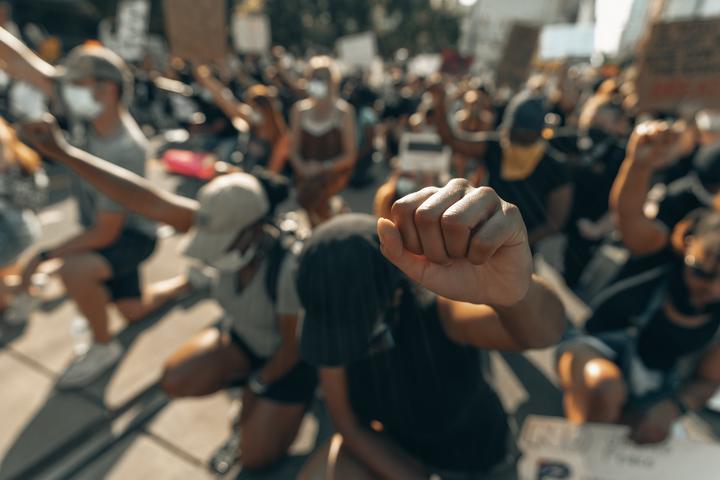Social Identities and Conflict in Chile: The Role of Historical and Political Processes
 Image credit: Clay Banks
Image credit: Clay BanksResumen
Social Identities and Conflict in Chile: The Role of Historical and Political Processes
Abstract
In this chapter, we seek to integrate historical and contextual perspectives with socio-psychological theories to better understand the development of social identities and conflicts in Chile. Specifically, we analyse across different contexts, ethnic identity, national identity in the context of immigration, political, gender and social class identities. We address the historical background that gave rise to status and power differences, the nature of these intergroup relations and the conflicts associated with the groups involved. We conclude by arguing that in order for a modern society to tackle the challenges imposed by multiculturalism and social diversity, historical and political processes need to be considered, in addition to the needs of belonging, distinctiveness and factors that might threaten social identities. Fostering opportunities to experience positive intergroup encounters, in which, groups can learn from each other and more importantly, can live in peace without feeling threatened by the presence of other groups is seen as crucial.